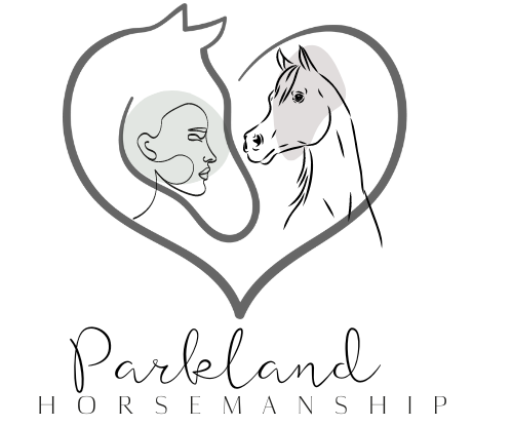Equine therapy (also referred to as Equine-assisted Psychotherapy or EAT) incorporates horses into talk therapy sessions in order to help build trust and develop coping mechanisms in a safe setting.
Horses provide immediate feedback that can help participants become more self-aware about their behavior and emotions.
1. Increased Self-Esteem
Horses possess an innate sense of danger detection that elicits an instinctual response of flight. Anxiety disorders clients can relate to this behavior and use it as a way to process their own fears and uncertainties.
Working with horses gives individuals a sense of accomplishment while encouraging mindfulness practice – key components to managing anxiety disorders.
Observing horses’ responses to nonverbal cues helps participants develop clear communication skills, improving emotional regulation and impulse control in daily life. Grooming and leading horses builds confidence and self-esteem while group-based equine therapy programs foster social connections while creating a sense of belonging among participants.
2. Increased Self-Awareness
Equine Therapy for Mental Health helps participants recognize their emotional responses in an accepting and nonjudgmental setting. Horses provide immediate feedback through mirroring or responding to people’s actions during sessions.
Equinine-assisted psychotherapy uses physical activity such as grooming, leading and riding horses to stimulate dopamine release; this natural feel-good chemical raises mood levels instantly – adding this boost of pleasure together with their relaxing presence creates an effective stress reduction experience.
Attaining goals set within a session-such as being able to interact calmly with a horse despite feeling anxious-can boost self-esteem and confidence, opening doors to other forms of treatment. Equine therapy’s openness may improve results from relational/attachment therapy, dialectical behavioral therapy (DBT), trauma-focused cognitive behavioral therapy (TFT), or trauma-focused cognitive behavioral therapy.
3. Increased Self-Confidence
Equine-assisted psychotherapy’s unique interaction between horse and rider and successful progress during sessions helps develop positive internal feelings of self-efficacy, leading to stronger identities and healthy attachments for children and teens.
Horses have an intuitive understanding of human partners, providing instantaneous feedback through nonjudgmental behavior. Horses don’t judge by physical appearance or past mistakes – instead reacting to body posture, energy levels and communication abilities to help people be more self aware.
Animals can also provide an honest reflection of emotional responses to stress, anxiety and frustration without judgement; those feelings can then be addressed and processed accordingly; for example if two horses fight, people might recognize they both feel angry as a result and explore ways of handling this emotion together.
4. Increased Self-Regulation
Horses provide instantaneous feedback on a person’s behaviors, physical movements and emotions – helping participants become more self-aware as they interact with this animal.
Individuals struggling with mental health often find it difficult to control their emotions, such as sadness, anger or fear. Equine therapy provides an avenue for people to identify and experience these emotions in a safe and supportive environment.
Engaging in equine therapy also fosters relationship development, providing valuable assistance for those suffering from depression or attention deficit hyperactivity disorder who struggle to form intimate bonds. Furthermore, physical exercise offered through this therapy contributes to overall wellness improvement – something horses provide without judgement and judgement from an outside source; all this helps clients build self-esteem and confidence more quickly than traditional forms of counseling do.
5. Increased Self-Esteem
Horses offer a nonjudgmental presence, making them highly effective therapeutic allies. Horses help people face their fears and build trusting relationships in a safe setting – helping break harmful attachment patterns associated with personality disorders.
Equine therapy allows clients to feel a sense of accomplishment as they master interactions between horses and themselves, increasing positive self-esteem and building confidence in addressing other recovery challenges.
Equine experience helps individuals develop improved nonverbal communication skills and gain a greater understanding of how their moods and cues impact those around them. This experience promotes more positive identity development as well as developing healthy, fulfilling bonds outside of family and home life. Hippotherapy sessions also foster compassion and empathy development – essential life skills.

